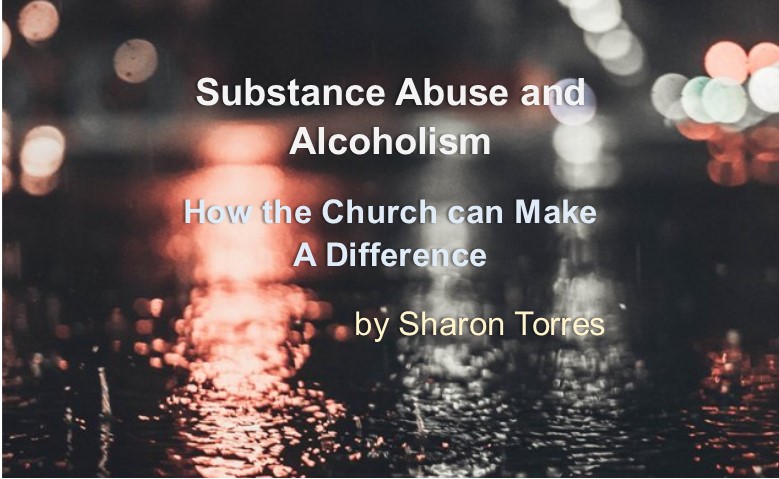Substance Abuse and Alcoholism: How the Church can Make A Difference

How can your church help your surrounding community escape life-controlling addictions and the havoc they wreak? This guest article by Sharon Torres offers practical suggestions.
According to reports, 70% of young people engage in drinking by the age of 19. This report should be worrying given that underage drinkers are likely to develop a lifelong alcoholism problem.
The impact of substance abuse and alcoholism is a problem for policymakers, church leaders, parents, and the community in general. Drug abuse and alcoholism has a huge impact on the society and reportedly costs the state $235 billion and $181 billion a year respectively.
Church leaders are aware of problems such as the opioid crisis, alcoholism and drug abuse. The challenge is to provide factual information and engage the affected people so that they can lead them to suitable treatment and recovery.
The church can tap into the community and start an outreach that will address addiction issues. This outreach can transform the community by taking preventive steps to check addiction, and at the same time help those with a problem begin their journey to recovery.
There are certain steps the church can take to address drug abuse and alcoholism in the community:
Education
One of the most important steps the church can take is to not only educate their congregation but also leaders within the church. For the fight against drug addiction to be effective, it is critical that those involved are well-equipped with the right information.
Illicit drugs and alcohol are not the only problems that the church community had to deal with. The abuse of prescription drugs is becoming a serious problem. In some places, there are more overdose deaths caused by prescription drugs than by alcoholism and illicit drugs combined.
Avoid Being Judgmental
Often when providing information on addictions such as pornography, alcoholism and drug abuse, it is not uncommon for those involved to take a judgmental tone. To be effective, counselors need to be able to relate to the problems of the recovering addict. They need to feel free to discuss these problems with counselors and other people within the church tasked with addressing drug abuse and alcoholism.
To treat substance abuse and alcoholism, they must first be recognized as illnesses. These drugs change the chemical composition of the brain and in the process, they cause tolerance and dependency. It must, therefore, be acknowledged, that continued drug use is not merely a moral issue.
A lot of unnecessary complications could arise if drug abuse is not recognized as an illness. For example, crystal meth tends to cause dependency within a short period. People with meth and opioid addiction often require medication to enable to recover from their addiction problem. Looking at it as a moral issue may act as an obstacle to providing effective treatment.
Category: Ministry, Spring 2019


